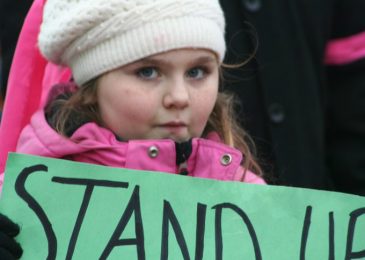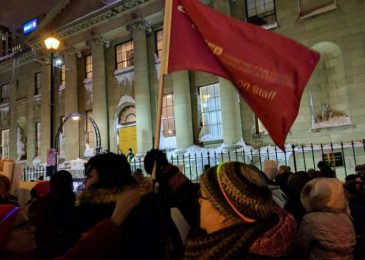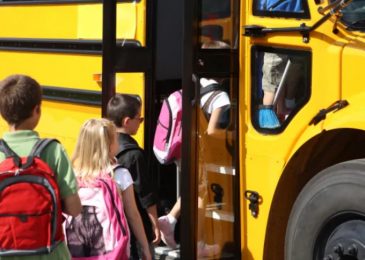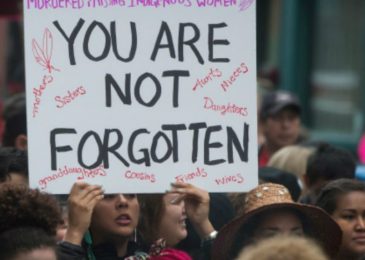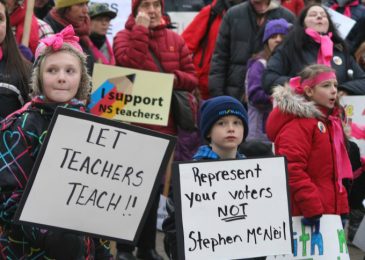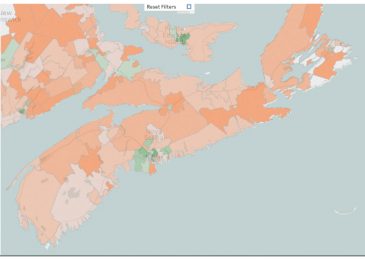The provincial government is engaged in an orchestrated effort to move education jobs out of the union sphere. 1000 school principals, 200 or more school psychologists and speech and language pathologists, social workers and new positions in the expanding Schools Plus program will no longer be unionized. “While this may be a less sensational way of weakening the unions than, say, imposing wage freezes and concessions that force teachers and other education workers out onto the picket line, it poses no less a threat to their very existence,” writes John McCracken.

